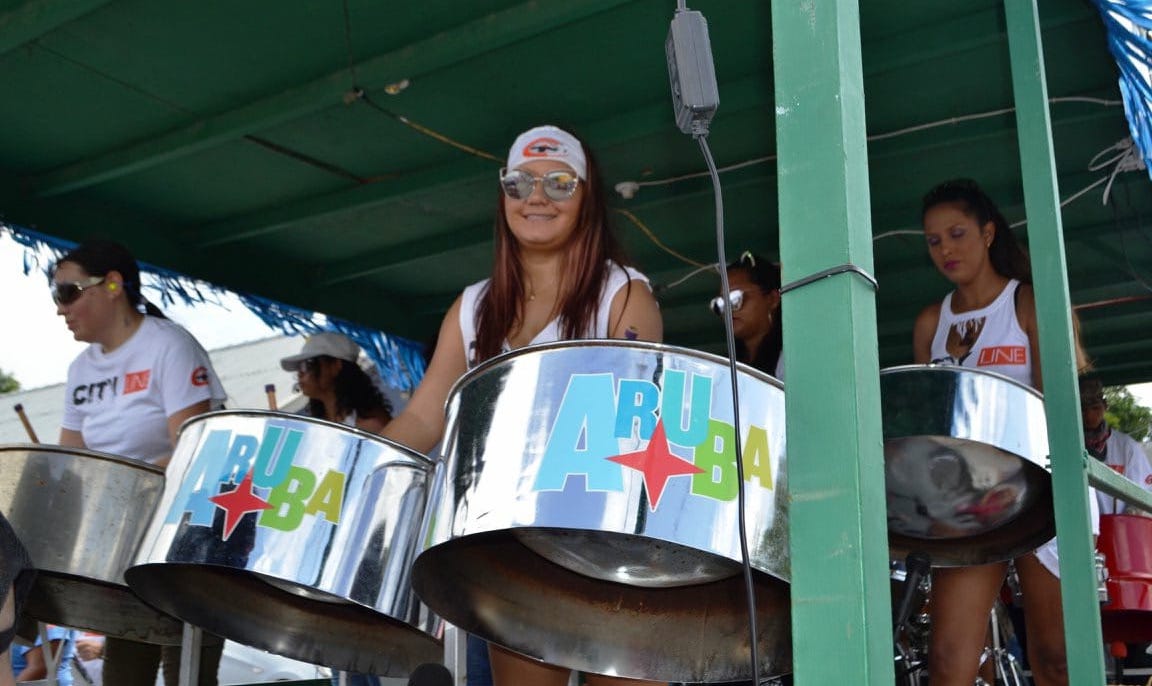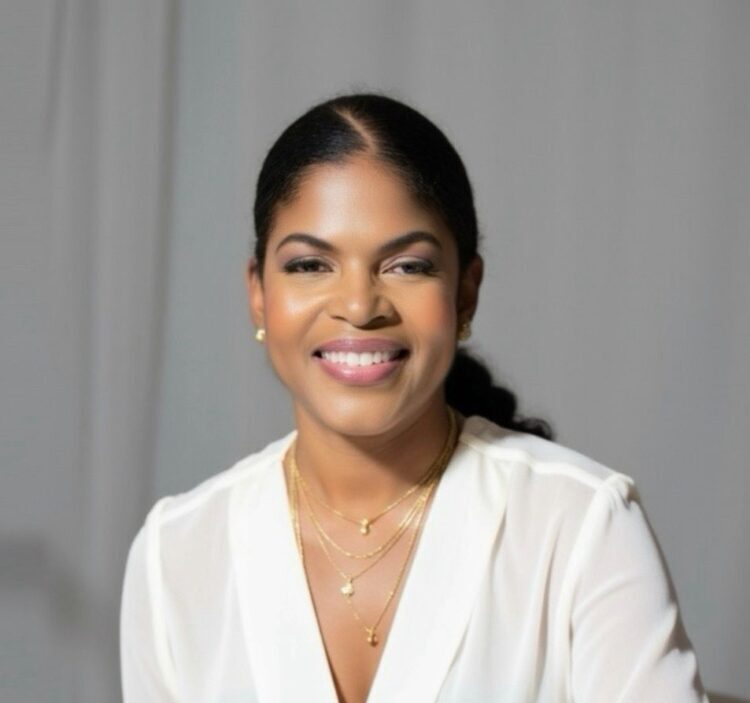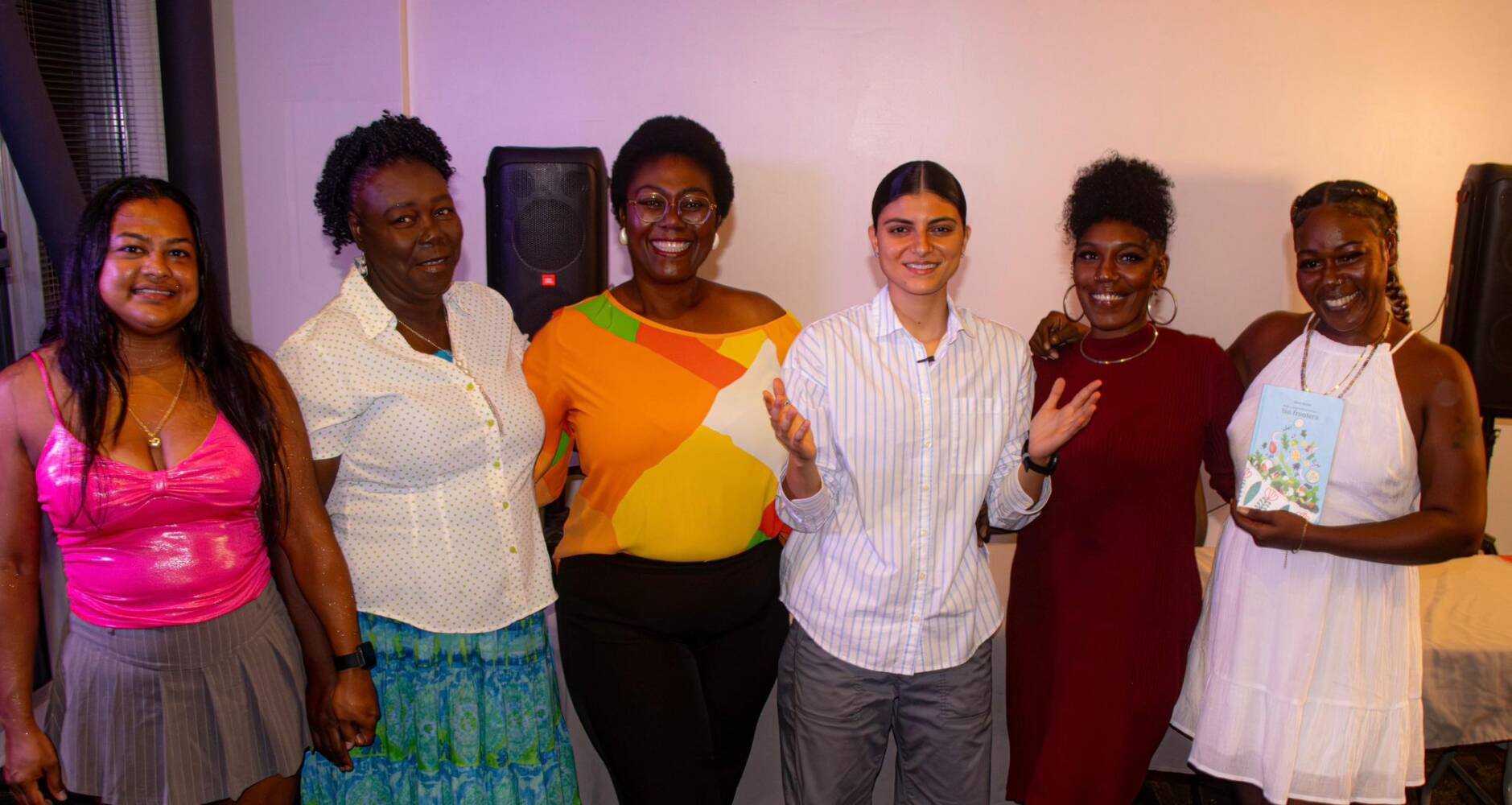The African heritage in Aruba isn’t just the result of slavery but also due to the influence of migrants of African descent that came later. “That has certainly influenced our community”, says cultural anthropologist Gregory Richardson.
“You can see a large influx of people of Afro-Caribbean descent in three different groups”, he says in the podcast ‘Arubaanse roots; het verborgen slavernijverleden’ (Aruba roots; the hidden slavery past).
First, there was enforced migration from the enslaved peoples from Africa. When the refinery came in the last century, work migrants from the English-speaking islands moved to the island. And in this century there is a new inflow of Spanish-speaking labor migrants.
Ancestors on other islands
Because of migration through the centuries from all over the region, it has become more difficult for people from Aruba to find out about their family histories. Richardson notices the rupture in his own search for his family history.
To find out more about his ancestors he won’t get far in the archives on Aruba, but has to consult those on St. Martin. The colonial archives on Aruba have been digitalized and are now also connected to the archival project which also holds the name records of Curaçao and Surinam. But not all islands have yet been connected to this project.
“With migration, you actually have to start anew. In order to know more about the slavery past, Afro- Caribbean groups that have migrated since abolition have to search the archives of all the other islands from the region.”
African legacy
Because of several migrant groups of African descent coming to the island something new came into being. “This creolization happened several times and because of this the African heritage is clearly present in everyday things”, the cultural anthropologist explains.
Examples are the Creole languages Papiamentu and Caribbean English but also carnival, calypso music, and Creole dishes like okra (jambo) or rice and beans (arros moro).
Vulgar entertainment
The ban on vulgar dancing during the summer carnival (Zomercarnaval) in Rotterdam is an example of how the slave past lives on in the present, states Richardson.
“We know from our past that prohibiting expressions of dancing and music is a form of oppression. Caribbean people tend to express themselves more whenever they are framed or oppressed”, Richardson explains,
‘Calypso music and her performers have been labeled ‘inappropriate’, vulgar and promoting loose behavior’, Richardson writes in his thesis “Sweet Breakaway” in which he studies calypso music in Aruba, in-depth.
The colonial archives on Aruba show that tambu music, which also has African elements just like calypso music, was also seen as ‘vulgar popular entertainment’ during slavery times. People had to possess a permit to play tambu music, otherwise, they would receive whip lashings.
On the islands and also in the Netherlands people reacted with outrage last weekend to the ban on dancing and the ignorance and lack of knowledge of Caribbean culture: “They (the organization, red.) do not even know the difference between bubbling and whining and so do not know our culture”, according to one of the angry messages online.
Several participants made use of the occasion during the summer carnival to protest the ban by dancing.
‘Good’ or ‘bad’ hair
It remains important to make topics like systemic racism open to discussion, as they also are influences from the slavery past. And this goes also for Aruba, even if it is not said in so many words, he says.
Often people from Aruba do not realize that they have prejudices that are ingrained in them, like speaking about ‘good’ and ‘bad’ hair, or talking about ‘drecha raza’ (improving the race), he explains.
The Aruba Minister of Culture, Xiomara Maduro also addressed this form of colorism during a press conference two weeks prior to the commemoration of slavery.
“We need to heal as a Kingdom. This will translate into a community that will not discriminate based on skin color or the fact that one has or hasn’t curly hair. Many girls still use hot tongs on their hair because we still have the colonizer as our standard of beauty.”
It is still difficult to get rid of discrimination altogether, but people should be able to talk about it, so says Richardson.








